South Korea's Jeju Island offering cheap rent to newlyweds to tackle low fertility rate
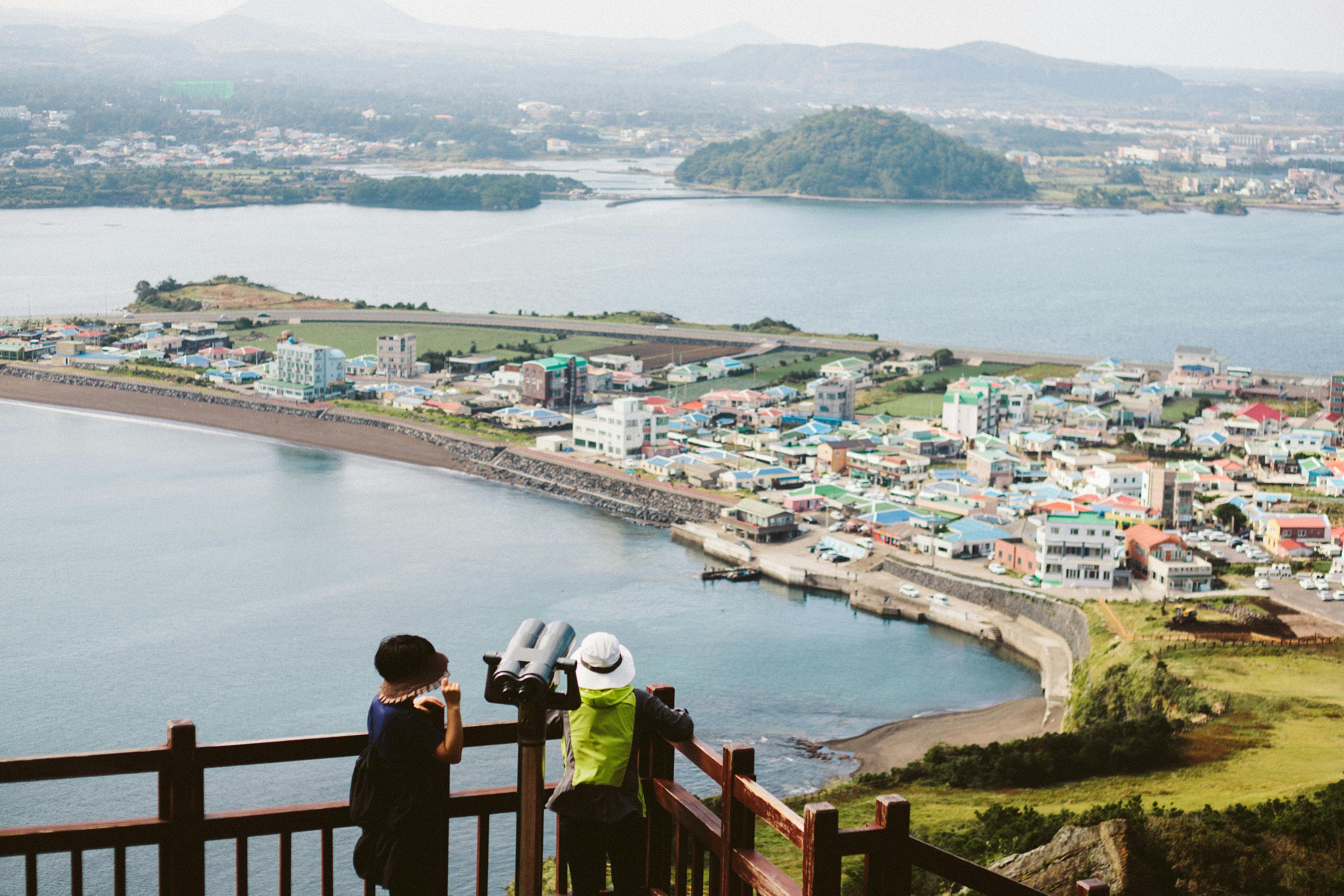
Jeju Island authorities want to reverse declining population numbers.
In short:
South Korea's birth rate is the lowest in the world, a challenge the president has declared a "national emergency".
Jeju Island is offering residents subsidised housing for just $28 a month in a bid to boost fertility rates.
What's next?
Experts say entrenched gender inequality remains a key barrier to women having children.
It boasts idyllic white sand beaches and windswept grassy hills, but the South Korean tourist island of Jeju is facing a population dilemma as more young people choose to leave.
Apartments will be rented by the island's administration for less than $30 a month to newlyweds in the hope it might encourage them to have children.
Jeju Island's administration last month announced the offer as part of a new population policy aimed at addressing issues such as housing affordability, work-life balance and childcare expenses that discourage young people from starting families.
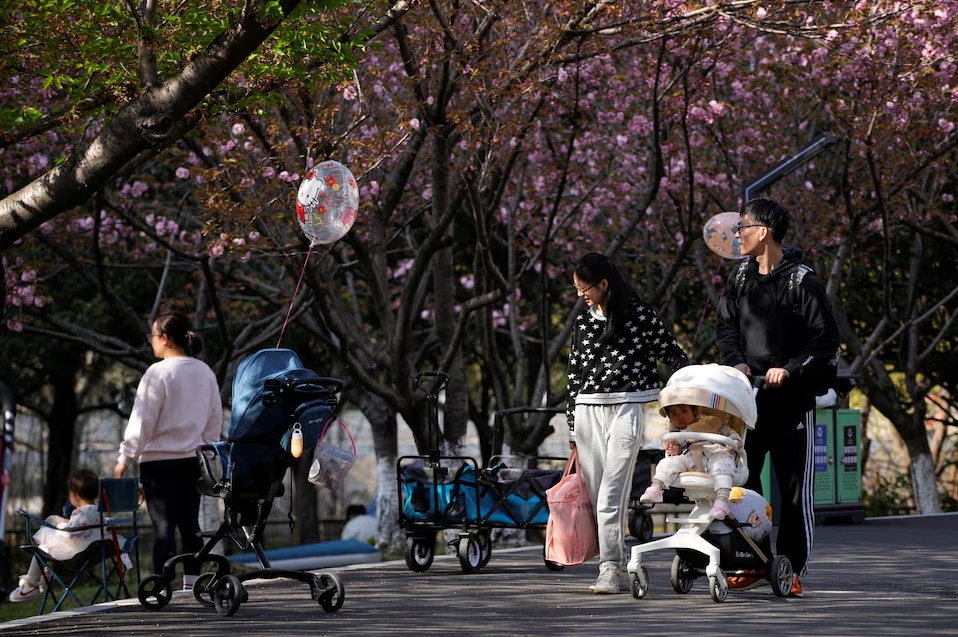
The South Korean government has spent about $280 billion to increase fertility rates in the country without success.
Under the plan, newlyweds will be able to access public rental housing at a subsidised price of just 25,000 won ($27.68) a month.
However, some question whether simply making having babies more affordable is the answer to South Korea's demographic woes.
A demographic national emergency
On a recent trip to Seoul, Hyein Ellen Cho walked past one of South Korea's largest IVF and fertility clinics and saw it packed with women and their partners.
South Korea has the world's lowest birth rate at just 0.72 — a title the country has held since 2013.
Authorities have spent $280 billion over the past 18 years to address an issue declared by President Yoon Suk Yeol to be a demographic "national emergency".
"While statistics and media reports continue to focus on why Korean women are not having children, those who wish to have children are receiving little support," Dr Cho, a Korean studies lecturer at Monash University.
"Sperm donation is illegal in South Korea, and although there is some governmental support for single women who want to freeze their eggs, these eggs cannot be accessed until they are married."
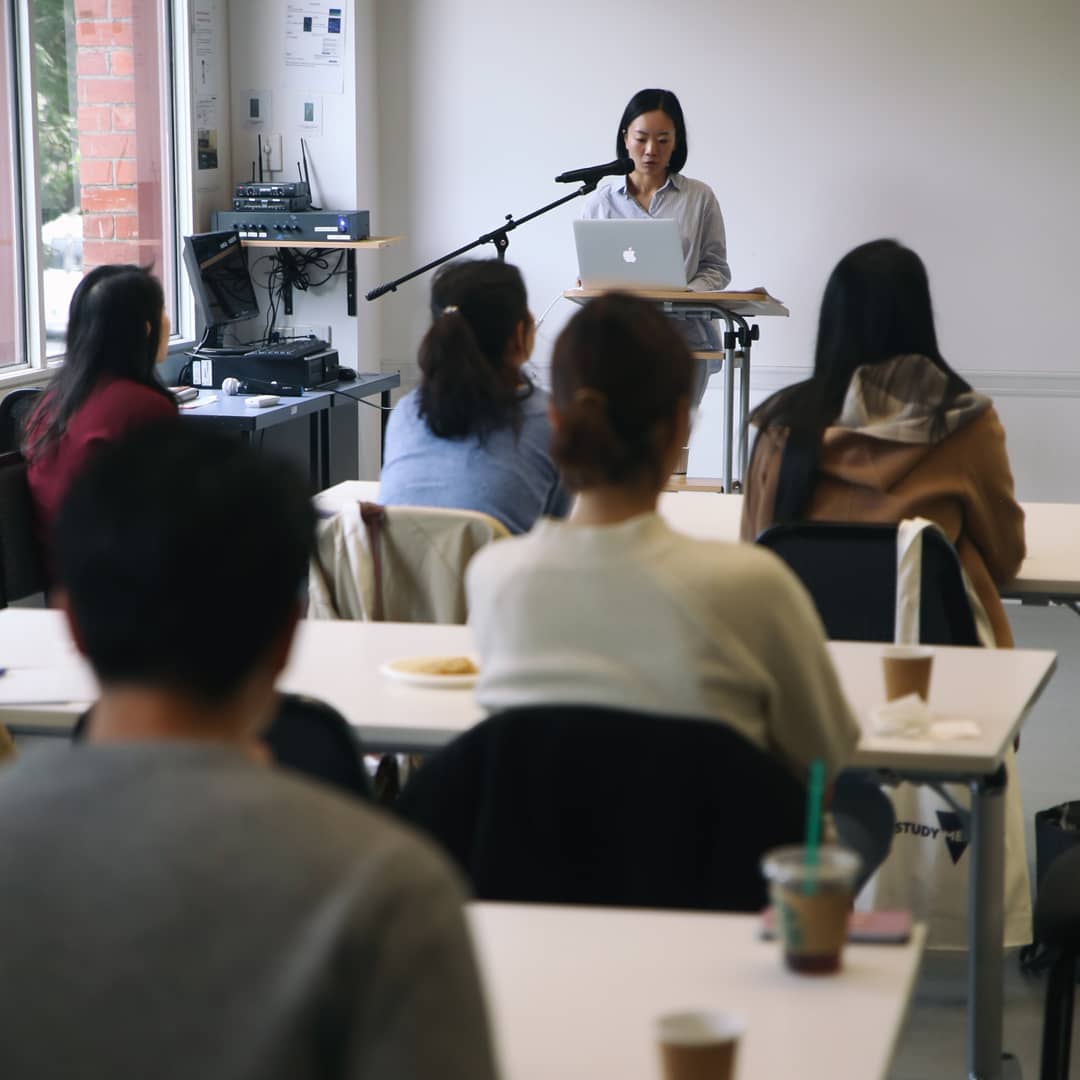
Korean studies lecturer Hyein Ellen Cho.
A combination of issues including the high cost of living, housing, a competitive job market, and societal factors like gender inequality have contributed to the low fertility rate.
These are some of the challenges the Jeju Island administration seeks to address.
The director of Jeju Island's planning and coordination office, Choi Myeong-dong, said it was hoped policy reforms such as cheap housing would both encourage young residents to stay and help it attract new residents.
"We expect it to have the effect of preventing population outflow and promoting population inflow, as well as achieving sustainable development and strengthening Jeju's competitiveness in the long term," Mr Choi said.
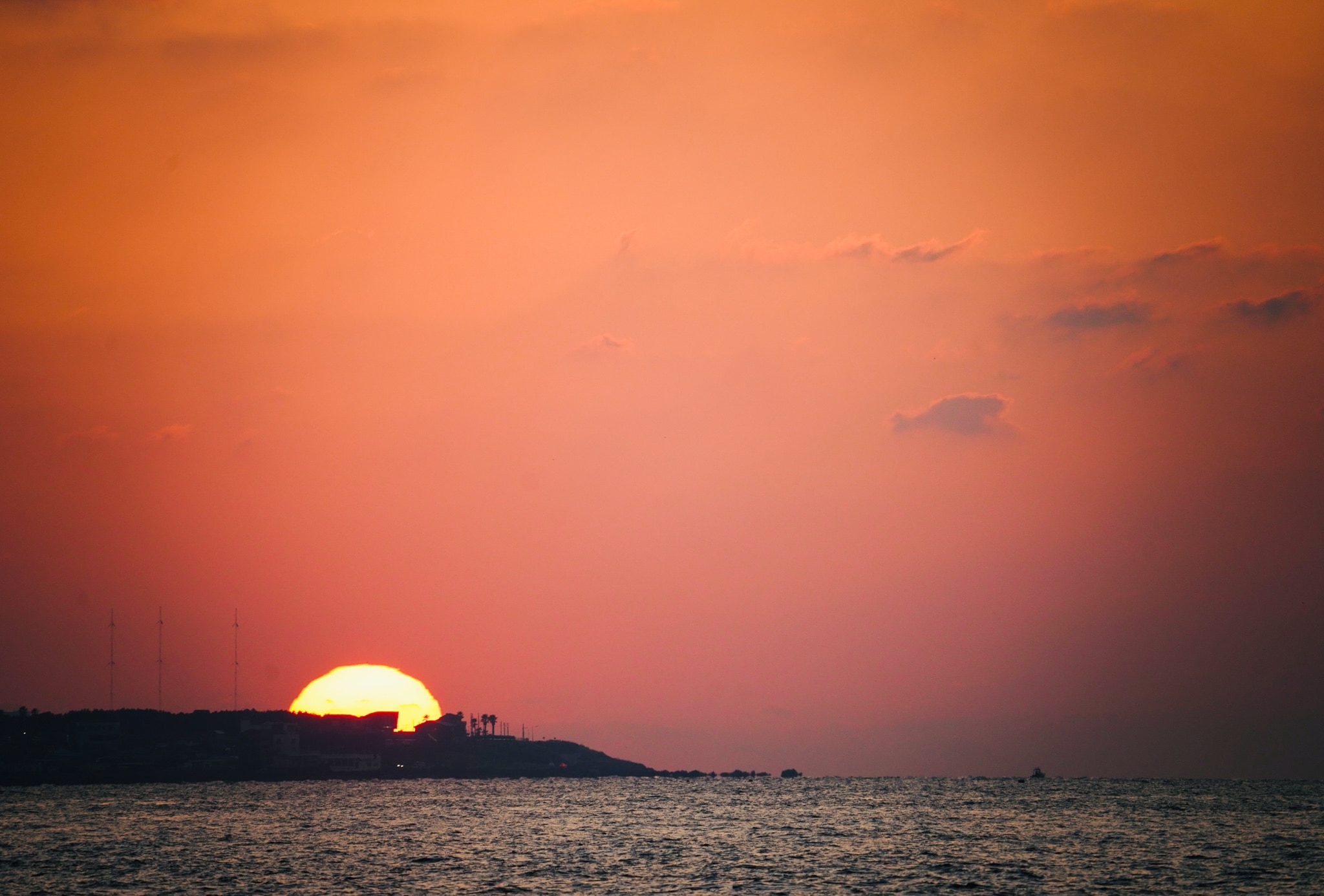
The island of Jeju is famous for its volcanic mountain and the beautiful blue waters that surround it.
Gender inequality a major barrier, say South Korean women
For aspiring mothers like 35-year-old Kyungmin Kim, the barriers to having children are a result of entrenched misogyny in South Korean culture.
"In my case, the financial problem is not a big deal but the biggest issue is the social environment that is not suitable for raising children," said Ms Kim, who is a PhD student from Uiwang near Seoul.
One of the top three reasons couples with children are hesitant to have more is the belief that South Korea is not a happy place for children, according to a recent survey by the Korea Institute of Child Care and Education.
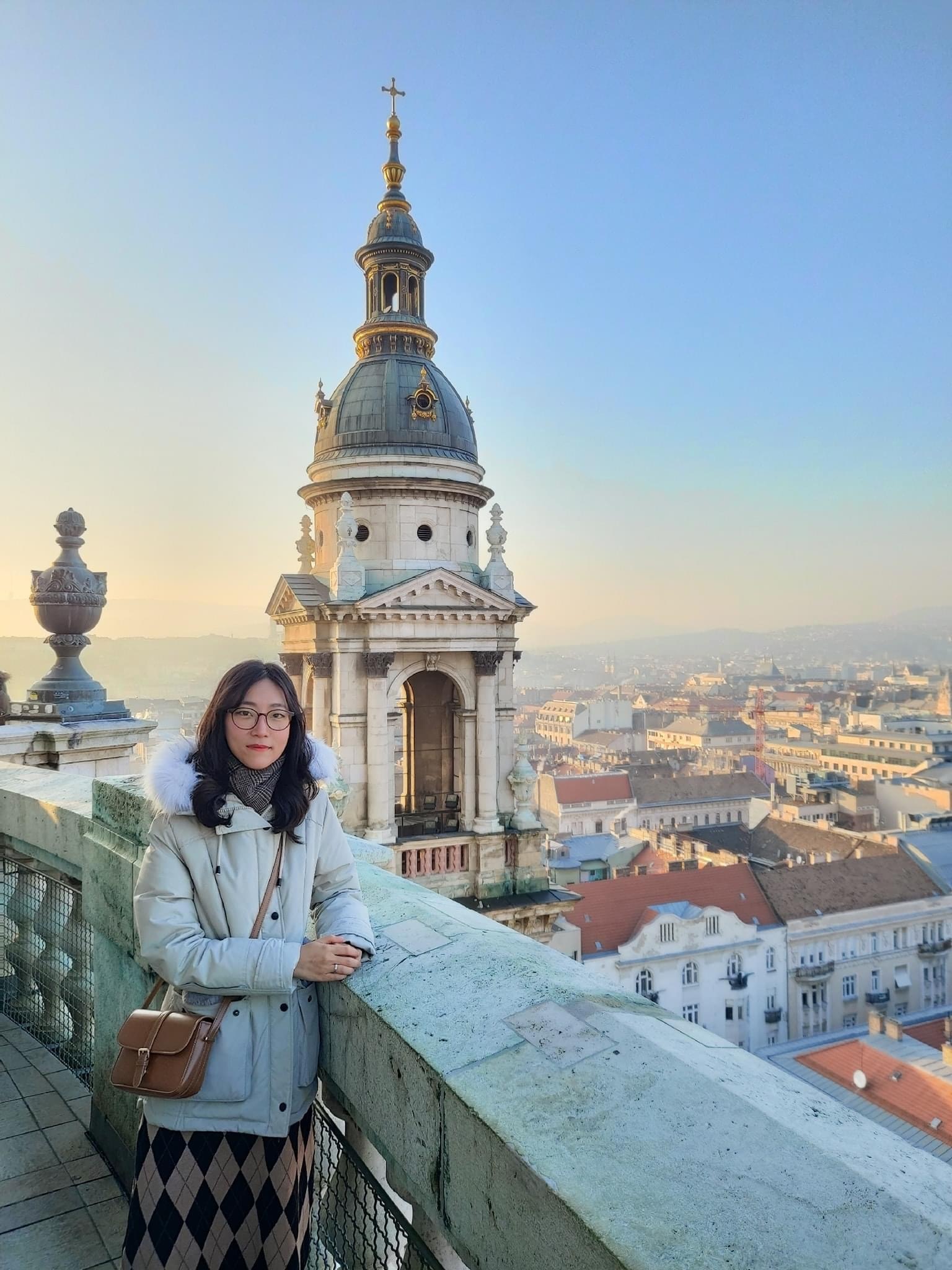
PhD student Kyungmin Kim believes gender inequality in South Korean society is preventing women from having children.
So-called child-free zones, which include many cafes and restaurants, are also gaining popularity in South Korea despite criticism from parents.
Ms Kim also said there was a societal blame game on women for their choices.
"Unmarried or single women are criticised for being selfish [and not having children], while married women are demeaned with negative terms like 'mom-chung'," she said.
The term "mom-chung" — "chung" means "bug" or "insect" in Korean — is used to denigrate mothers who are perceived as living off their husband's money or acting arrogantly in public places.
"All the issues in Korean society today are interconnected: negative perceptions of children, lack of social support even within families, insufficient public childcare, intense focus on education and competition, and the undervaluation of caregiving," Ms Kim said.
The South Korean government needed to focus on improving support for women during pregnancy, childbirth, and caregiving through adequate and long-term paid parental leave and affordable public childcare services, she said.
"No woman would want to have children at the cost of sacrificing her career, health, and rights," Ms Kim said.
"We need policies and a culture that prioritises listening to women's voices and adopting a 'women-first' approach."
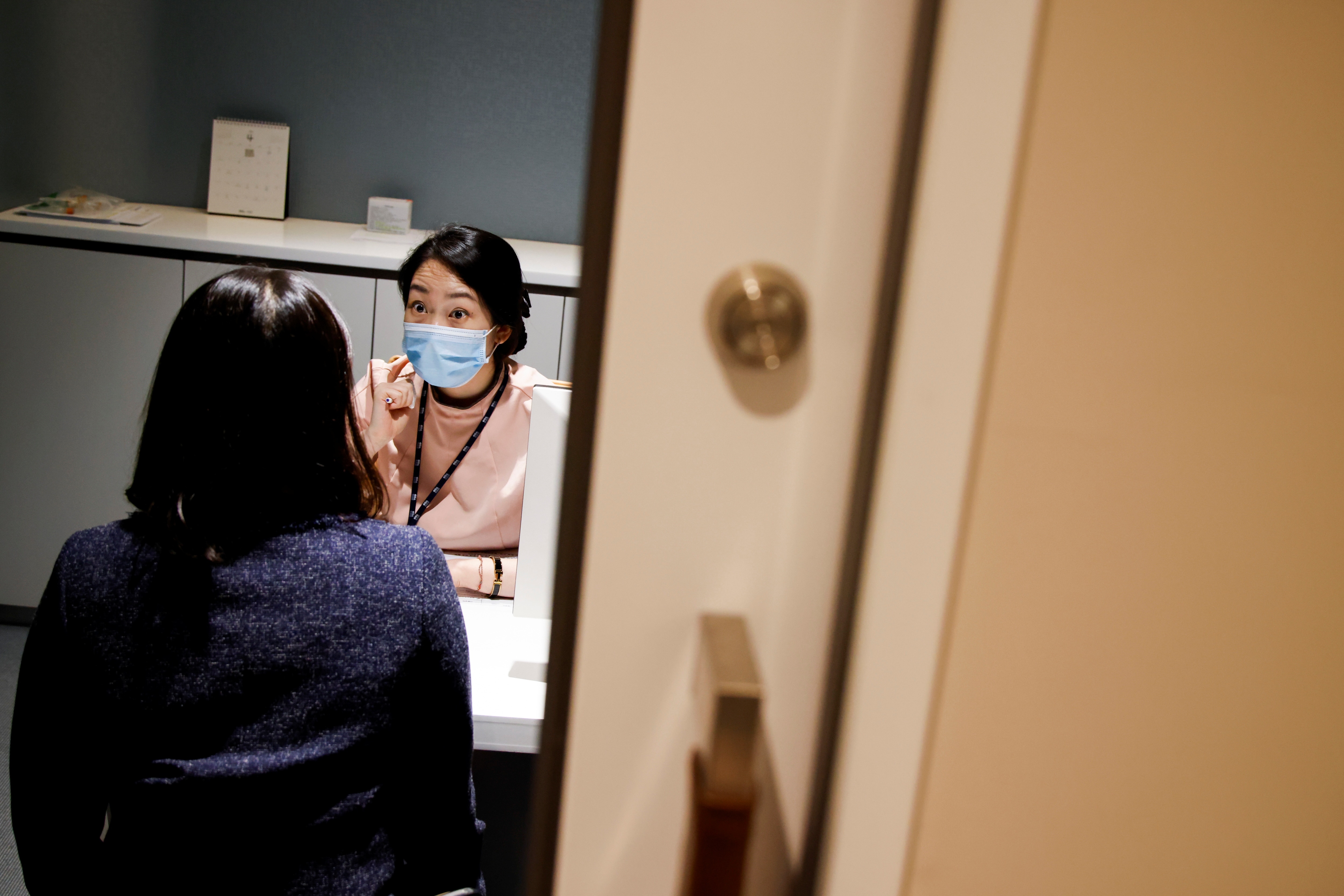
South Korea's government provides some support to single women who want to freeze their eggs — but these eggs cannot be accessed until after marriage.
Currently, the South Korean government is offering everything from newborn cash support in most cities, to subsidising egg freezing by up to 50 per cent in a bid to encourage women to give birth.
Earlier this year, authorities launched a foreign caregiver program whereby 100 people were brought from the Philippines to work as nannies for young, dual-income families.
Seoul's mayor has flagged the possibility of expanding the scheme to include workers from Cambodia and other South-East Asian countries.
But Dr Cho said that despite these measures, there had yet to be a significant change to fertility rates.
"The birth rate has decreased once more this year," she said.
Infertility a global issue
Research suggests that by 2050, three-quarters of all countries around the globe will have fertility rates below the 2.1 threshold required for population growth said University of Melbourne associate professor in reproductive biology Mark Green.
While South Korea was an extreme example, changes since the 1970s such as to social attitudes, career prioritisation and environmental factors had driven down global fertility said Dr Green, who is also the deputy scientific director research of Monash IVF.
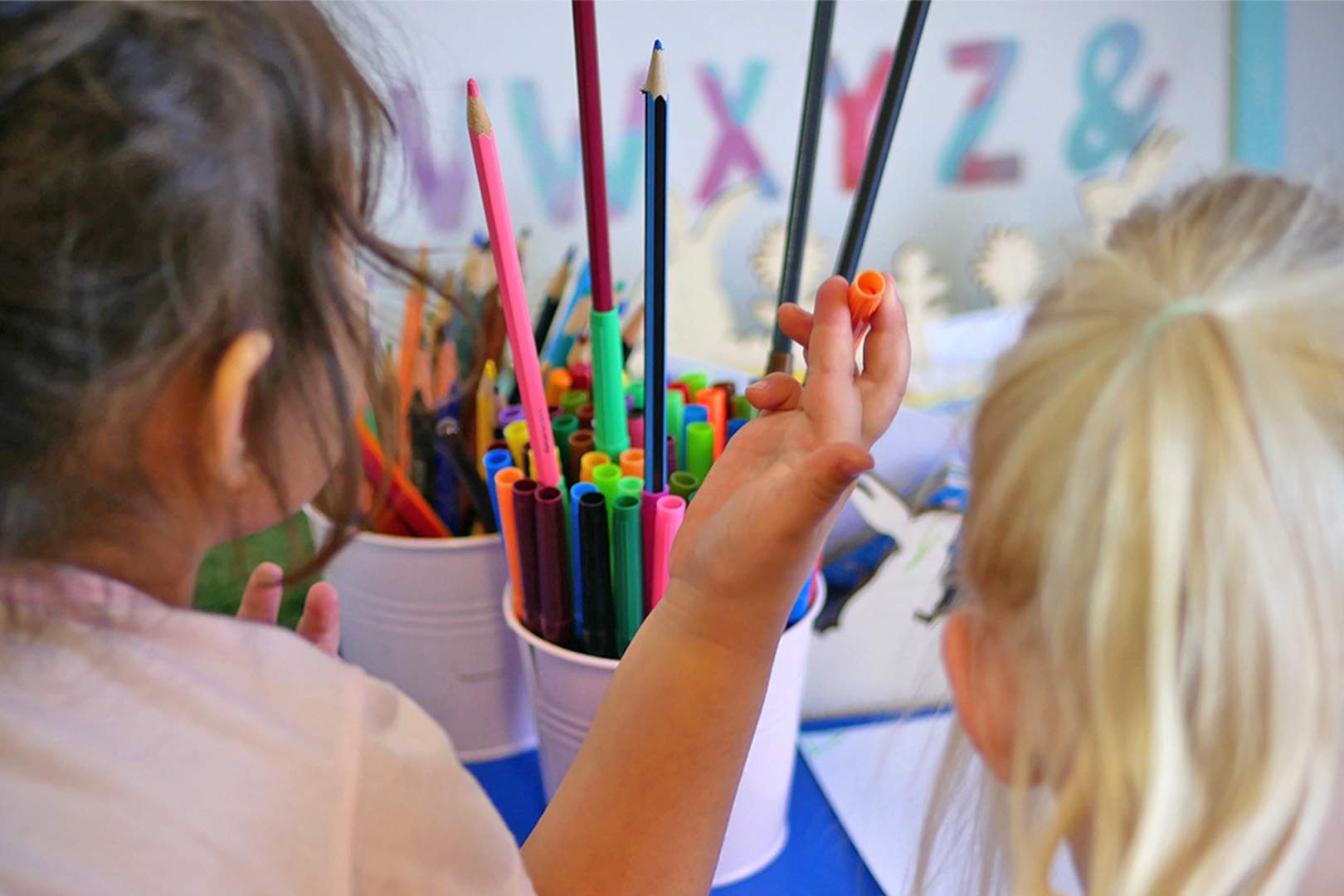
Research projects that most countries will not reproduce enough to replenish their populations by 2050.
"By the end of the century, it's expected that quite a number of nations will actually have half the population they currently have, due to the fertility rate dipping below 2.1," he said.
"If you think back to the 1960s-1970s the fertility rate was 4.5 or 4.6, so quite big families or births per female, and then now we've literally halved that."
Adding to the declining trend was the introduction of endocrine-disrupting chemicals that research has found are associated with increased incidence of reproductive diseases and disorders like endometriosis and polycystic ovary syndrome, he said.
"Since the Second World War, we've probably made something close to 90,000 man-made chemicals and as we're becoming more and more industrialised a lot of the chemicals used in the wrappings are getting into things like pre-packaged food we are consuming."
Dr Cho said while Jeju Island's new policies were "a great starting point" the fundamental problem in South Korea was gender inequality.
"For instance, despite recent reforms and a push for greater flexibility in parental leave, it was reported that in 2023, women still accounted for 72 per cent of those taking parental leave in South Korea," she said.
"It's not just about having these measures in place but ensuring their practicality and sustainability."
By:https://www.abc.net.au/news/2024-10-22/jeju-island-offering-cheap-rent-newlyweds-boost-population/104156876(责任编辑:admin)
下一篇:Could little-known presidential contender Jill Stein hand the election to Donald Trump?
 Socceroos rescue a point
Socceroos rescue a point  Wallabies thrash Wales 52
Wallabies thrash Wales 52 Jake Paul beats Mike Tyso
Jake Paul beats Mike Tyso Live updates: England vs
Live updates: England vs  US election 2024: Donald
US election 2024: Donald  US election live: Kamala
US election live: Kamala
- ·North Korea's latest weapon agains
- ·Hezbollah says Israel 'cannot impo
- ·Inside the rise of US oligarchs and how
- ·Thailand's worst suspected serial
- ·Tabi shoes are turning heads from Holly
- ·FBI arrests Florida man planning attack
- ·Illegal immigrant gets life sentence fo
- ·Bibles, water, watches and sneakers: Do
- ·North Korea's latest weapon against
- ·Hezbollah says Israel 'cannot impose
- ·Inside the rise of US oligarchs and how i
- ·Thailand's worst suspected serial ki
- ·Tabi shoes are turning heads from Hollywo
- ·FBI arrests Florida man planning attack o
- ·Illegal immigrant gets life sentence for
- ·Bibles, water, watches and sneakers: Dona
- ·US to give Kyiv anti-personnel landmines
- ·An arrest warrant for Benjamin Netanyahu
- ·One of Vietnam's high-profile politi
- ·Shanghai Walmart Attack: A Man Randomly S
- ·South Korean police officers jailed over
- ·Cambodia publicly shames maid deported af
- ·North Korea to use all forces including n
- ·Philippines condemns China attack of Viet
- ·US adds 2 more Chinese companies to Uyghu
- ·North Korean defector steals South Korean
- ·Malaysia deports Cambodian worker for cal
- ·Rebels battle for Myanmar junta’s weste

